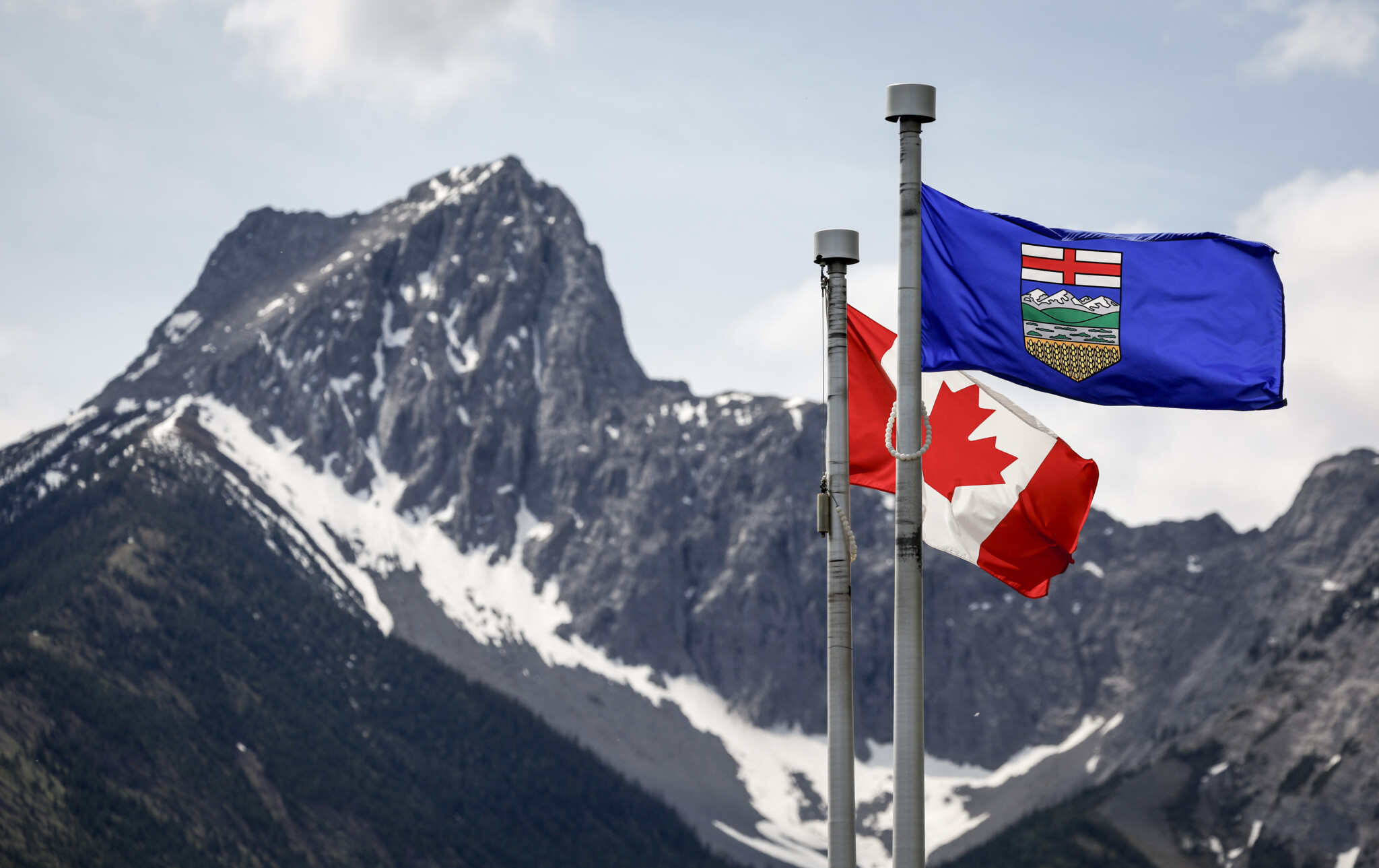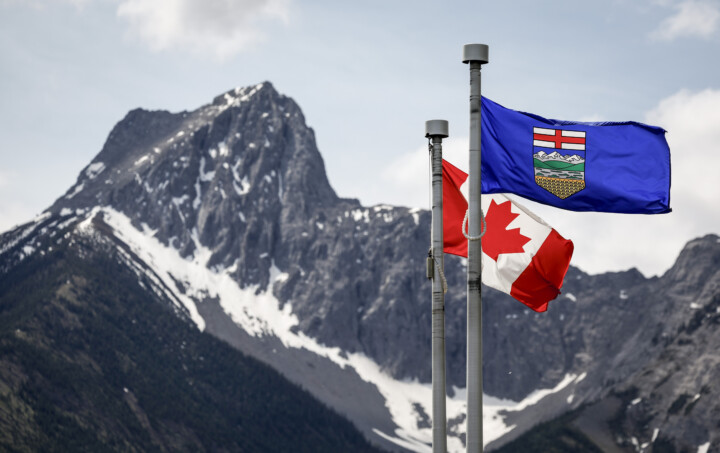Western frustrations are rising. Albertans, like many across the Prairies, feel Ottawa’s hand tightening on our economy, our resources, and our future. Too often, that frustration is dismissed as anger—as if Alberta were a sulky teenager in Confederation. Nothing could be further from the truth.
What Alberta seeks today is not revolution. It is not rupture, but continuity. It is the assertion of a long-standing Canadian principle: responsible government.
Canada’s own evolution
Canada itself did not become independent overnight. Our sovereignty was not won with muskets at Lexington or barricades in Paris. We earned it step by step, through the gradual extension of responsible self-government.
The Royal Proclamation of 1763, the rebellions of 1837–38, Confederation in 1867, the Statute of Westminster in 1931, and the patriation of the Constitution in 1982—all were vital stages in Canada’s evolution. At each, Canadians demonstrated they could govern themselves responsibly, and with political will, independence followed.
As I argued in my Macdonald-Laurier Institute paper How the West Wins: Alberta’s legal pathway to greater power within Canada, these milestones are not only historical markers but constitutional doctrine. The Supreme Court, in the 1998 Reference re Secession of Quebec, affirmed that structural change in Canada arises from responsible government backed by political will. That principle applies equally to provinces.
Alberta’s case
The Constitution already grants Alberta authority over resources, health care, education, direct taxation, pensions, policing, and immigration. Quebec exercises many of these powers already, collecting its own taxes, running its own pension plan, and negotiating immigration agreements. Alberta has every right to do the same.
Yet Ottawa increasingly undermines this balance. Conditional transfers dictate health spending. Environmental rules intrude on provincial resource management. The federal carbon tax was upheld under the “peace, order, and good government” clause, stretching federal power into areas once clearly provincial. As Justice Russell Brown warned in dissent, this risks eroding Canada’s federal compact.








